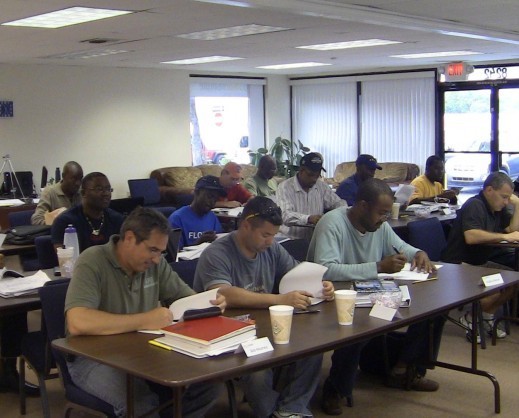I’m proud to be an American. Truly proud. But in at least 2 very important areas, there is a lot we can learn from our European neighbors across the Atlantic – namely solar power development and transparency in solar energy education.
These 2 areas are incredibly important to us at US Solar Institute (USSI). After all, we provide Department of Education-licensed diplomas in solar PV installation. So it pains me whenever other countries do things more effectively than we do – or in this case – whenever our country does things much worse.
Europe Understands Solar’s Value – and Acts Accordingly
Because we operate out of Fort Lauderdale, I keep a close eye on Florida’s PV industry. When it comes to solar potential, few regions of the world can compete with what the Sunshine State has to offer – at least in terms of natural resources.
But as far as supportive policies are concerned, we lag far behind places like Spain and Germany – countries whose solar industries have soared in recent years thanks to aggressive legislation and incentives. Consequently, the same solar installation will cost you about 60% less in Germany than it will Stateside.
Let me be clear – Florida does have some solar incentives, both at the regional and statewide level. But we have nothing like what Germany has. Not even close. And we have so much more sunshine, given our latitude. If we implemented similar policies in Florida, the “solar” ROI of such policies would be substantially higher.
But enough about solar. Let’s turn to education for a second.
Europe Understands Education’s Ultimate Purpose
Now when it comes to higher education, I don’t think any country can hold a torch to the US. We have some of the best universities in the world, as evidenced by the thousands of students who flock from all over the globe to study here.
The quality of higher education in America is not my gripe. We’re second to none in this regard.
My qualm is about the predatory practices that some universities use to recruit students. I recently read an article in the Sun Sentinel about Keiser University and a handful of other schools that knowingly deceived students. Here’s a brief snippet from the article:
“Keiser University will offer thousands of its former students free retraining and guarantee its admissions counselors don’t misrepresent what the school offers, under an agreement reached Wednesday with Florida Attorney General Pam Bondi.
The resolution ends a nearly two-year investigation into the admissions process of the Fort Lauderdale-based university. Some students accused Keiser and two affiliated institutions of giving misleading or inaccurate information in areas such as costs, accreditation, transferability of credits and federal student loan terms.”
And this is not an isolated event.
In an earlier post, we covered how some schools were sending recruiters to military installations to enroll veterans. On the surface, this is perfectly okay – in fact – it’s terrific.
But these universities were using predatory tactics (i.e. lying) in order to entice prospective students. These schools’ goal was to secure military benefits under the GI Bill. Every new student brings in more cash, even if he or she drops out on Day 1. And thus, the universities were incentivized to deceive, enroll, and then forget.
Contrast this with France and Germany where education is both a for-profit business AND a basic human right. There’s really no incentive to deceive when your primary goal is to arm your students with the skills and training they need to succeed in today’s world.
Don’t get me wrong. Schools still have to make money. The advanced solar PV installation training we provide at US Solar Institute isn’t free (although it’s incredibly affordable – especially when you factor in your earning potential after graduation).
But when profit displaces learning as your primary motivation, everybody loses.
Just imagine how much greener and cleaner our country would become if we placed solar energy and educational transparency on the same footing that our European neighbors do.
One can only dream.

